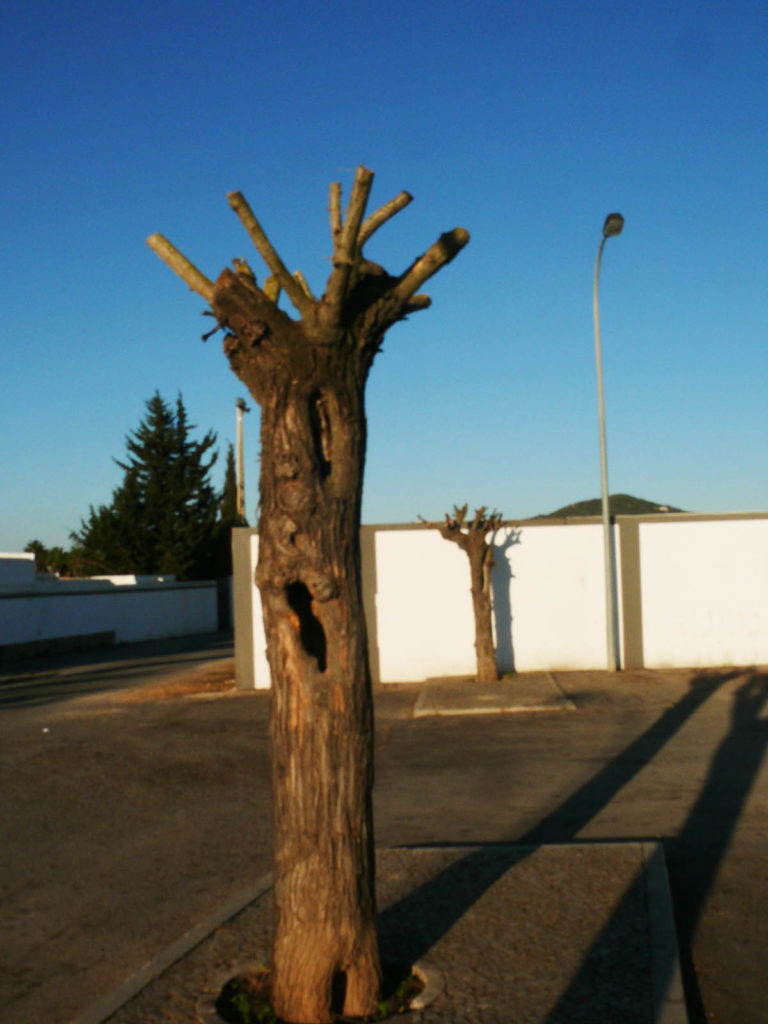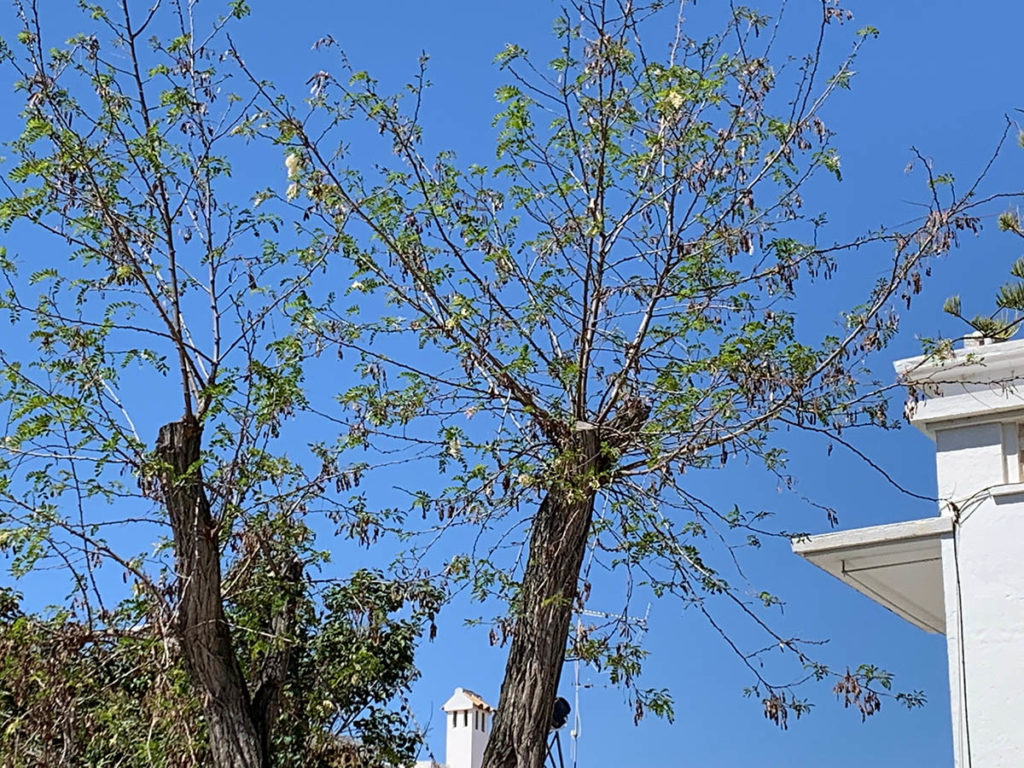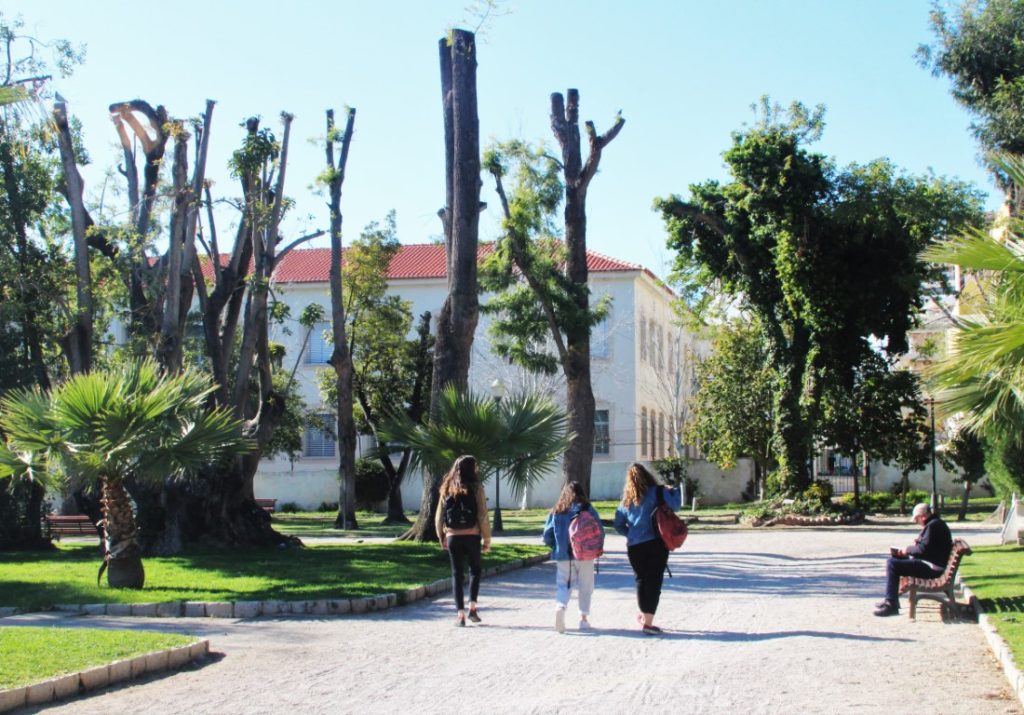The Parliamentary Group of PAN – People – Animals – Nature presented, in connection with World Tree Day, which is celebrated today, March 21, a bill that provides for the creation of a legal regime aimed at protecting urban groves from pruning abusive and indiscriminate slaughter.
Among the measures proposed by the PAN in this initiative, compensation is mandatory whenever a set of trees is affected by repair works or urban planning of any nature, by planting an equivalent area of trees in the same municipality, in addition to an accessory administrative and sanction framework.
“Let's not have any illusions: without any regulation to protect the urban trees, it will be very difficult for Portugal to be able to meet the decarbonization targets to which it has committed”, defends PAN deputy André Silva.
“We continue to plan and build our lives and cities as if nothing were interconnected, without valuing the trees that give life to our gardens and that are part of other green spaces, allowing for abusive felling and pruning. To maintain this trend is to condemn our future and that of future generations to the unpredictable impacts of climate change”, he adds.

According to data from the Global Forest Watch, Portugal is in the ranking of the five countries with the highest percentage loss of tree cover (24,6%), followed by Mauritania (99,8%), Burkina Faso (99,3%) and Namibia (31%) to head the list.
“In order for us to meet the global goals, which recommend a ratio of three adult trees for each inhabitant in cities, there is a whole change in local and national policies for the protection of urban trees that must take place”, defends André Silva.
The PAN thus proposes the creation of a normative framework for the management of autochthonous and allochthonous trees, whether publicly or privately owned, of spontaneous growth or cultivated, which provides for the definition and fulfillment of criteria for pruning, transplanting and criteria for slaughter, but also for inspection – whose competence should be within the ICNF's jurisdiction, which is accompanied by a proposal for a sanctioning regime for those who do not comply.
On the other hand, for the PAN, the felling of tree species should only occur "when there is a potential and proven danger, by biomechanical and/or phytosanitary analysis, of the existing trees causing damage to their surroundings, namely in people, vegetation, structures buildings and other goods”.
Furthermore, whenever, with a view to safeguarding the public interest, there is a need for intervention involving pruning, felling, transplanting, or other operation that in any way weakens the trees, the intervention to be carried out must be previously subject to a binding opinion of the municipality where the event occurs, in order to determine the studies to be carried out, precautionary measures and the way in which the works are carried out.

The draft law also contemplates the preparation of a reference document on "Good Management Practices of the Urban Tree System" at national level, covering all entities with responsibility for managing the trees, as well as the obligation for municipalities to have a complete inventory of all trees in your territory.
These periodically updated Inventories must include a Conservation Plan for existing trees, subject to continuous monitoring and even if any intervention is carried out only by personnel with the appropriate training or technical aptitude.
Finally, and among other aspects, the draft diploma also establishes the obligation that, when an arboreal complex is necessarily affected by repair works or urban planning of any nature, it must be compensated by the planting of an equivalent area of grove in the same county.
Additionally, it provides for the establishment of an administrative infraction framework and additional sanctions, which may include, in particular, the suspension of authorizations, licenses and/or permits.



















Comments